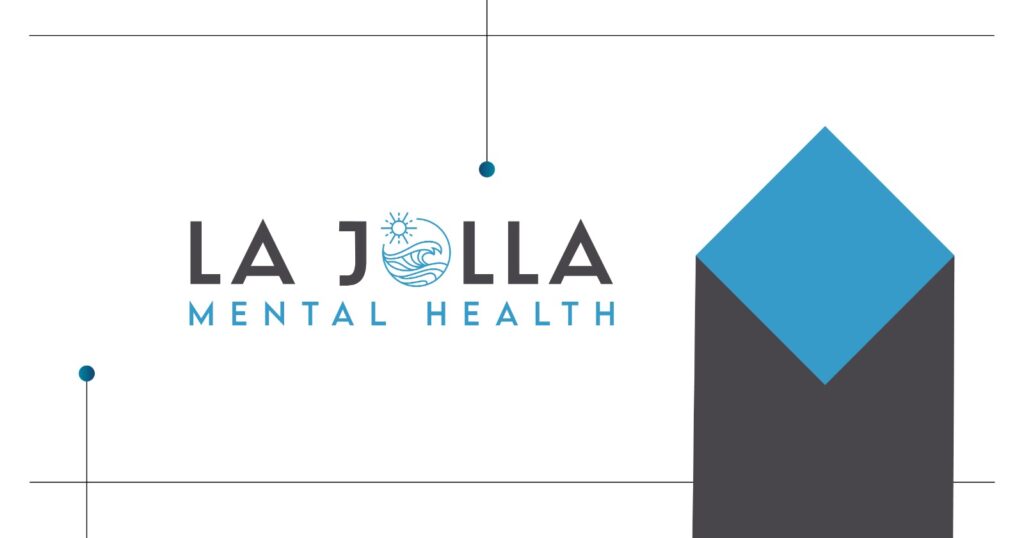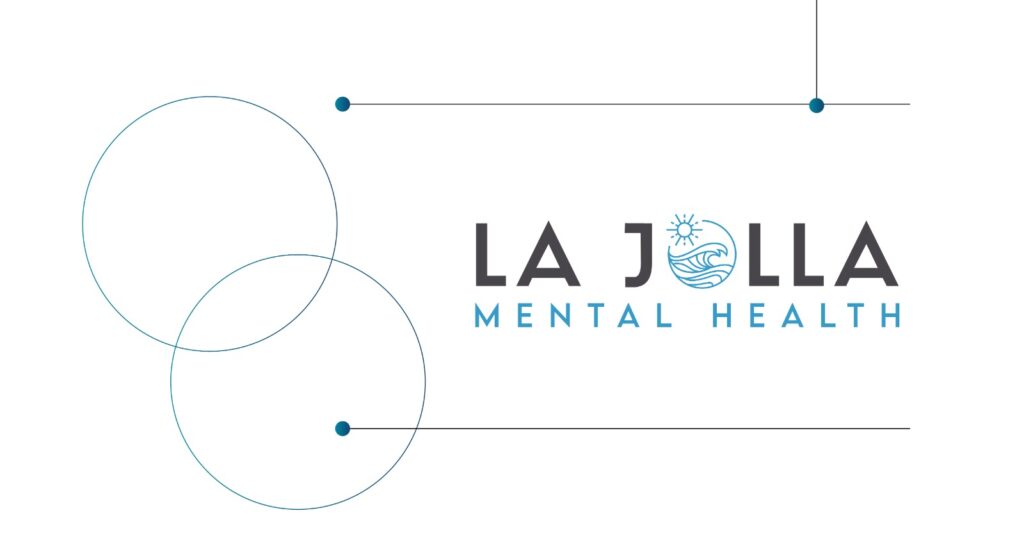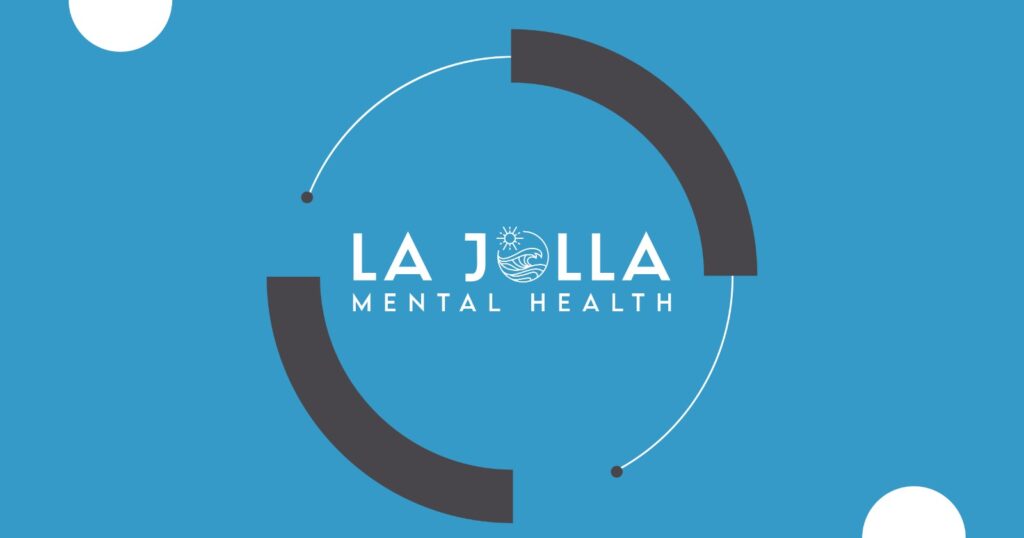Depression refers to a condition that manifests with a sense of continuous unhappiness, not just with feeling sad or having an undesirable day. It represents an overarching mental health situation plaguing millions of people throughout the world, significantly touching on daily life.
This post explores depression and its causes and symptoms to the extent that they impact our daily existence. This rich source of information can be used for effective treatments and self-help strategies that would further support individuals in regaining control of their lives while regaining their well-being with strength.
Understanding the Core of Depression
Depression is a psychological condition characterized by manifestations of sadness, hopelessness, and loss of interest in anything enjoyable to one’s self previously. It is not just passing the blues or being in a bad mood. It can last from weeks to months, even up to years if left unaddressed.
Types of Depression
There are several types of depressions, but they only slightly vary in their characteristics:
- Major Depressive Disorder (MDD). Major depression is when the symptoms become severe and start interfering with daily life.
- Persistent Depressive Disorder (PDD). Long-lasting depression, often milder but chronic.
- Seasonal Affective Disorder (SAD). Depression is linked to seasonal changes, typically during winter months.
- Postpartum Depression (PPD). Occurs after childbirth, affecting mothers and, in some cases, fathers.
How Depression Differs From Sadness
Sadness is a normal feeling, however, depression is an actual medical condition interfering with the brain chemistry in which a person feels, thinks, and functions.
Causes of Depression
Genetic Predispositions
Depression is a genetic condition because it tends to run in families. If a first or second-degree relative suffers from depression, then the risk of developing this illness is increased.
Chemical Imbalances in the Brain
Neurotransmitters are serotonin, dopamine, and norepinephrine. The mood is controlled by these chemicals. Depression results when the level of one of these chemicals changes.
Chronic Stress and Trauma
Depression episodes can also be the result of stress for a long time or because of trauma like abuse, neglect, or the loss of a significant person in one’s life. It changes the way the brain responds to stress and regulates emotions.
Health and Lifestyle Factors
Some chronic diseases and substance abuse, sleep deprivation, or poor nutrition can contribute to or cause depression. Hormonal imbalances can also cause depression, mainly hypothyroidism.
Symptoms of Depression
| Emotional Symptoms | Persistent sadness, hopelessness, or emptiness.Irritability or frustration, even over small matters.Feelings of guilt or worthlessness. |
| Cognitive Symptoms | Difficulty concentrating or making decisions.Negative thought patterns, including self-doubt and pessimism.Memory issues, particularly during stressful periods. |
| Physical Symptoms | Fatigue or lack of energy, even after rest.Unexplained aches and pains.Changes in appetite or weight, either loss or gain. |
| Social Symptoms | Withdrawal from friends, family, and social activities.Difficulty maintaining relationships due to emotional detachment. |
How Depression Affects Your Daily Life
Personal Routines
Showering, cooking, or even commuting becomes a chore. Low energy and motivation make even the most mundane activities arduous, and everything about a person’s daily routine is influenced.
Work and Academic Performance
Depression affects productivity and concentration. A student will miss deadlines, perform poorly, or even skip classes. They will leave school with bad grades and a feeling of failure.
Social Relationships
Depression tends to cause problems in relationships because the patient withdraws themself from their loved ones. Irritability or numbness of emotions can cause even more misunderstandings and conflict.
Physical Health
Physical health tends to be neglected, that is, bad eating habits, a lack of exercise in the body, and disturbed sleeping habits. These tend to perpetuate depressive symptoms leading to vicious cycles.
Effects of Depression on Daily Activities
Hobbies and Interests
The happiness received is never again derived from the same old passions. Among the primary indicators of depression is a phenomenon called anhedonia or loss of interest.
Parenting and Family Roles
It will even become burdensome to mingle around children and the rest of the family since depression negates contact, duties around the house, and more responsibilities that seem overwhelming.
Financial Responsibilities
Depression can hinder one’s ability to concentrate and plan for managing finances. There may be overdue bills and financial instability, which contribute to one’s stress levels.
How Mental Health Affects Everyday Life
Mental health is the basis of an individual’s general welfare, which influences how one thinks, feels, and behaves in daily life. Depression is one of the most prevalent mental health disorders that greatly impacts this basis. Depression affects emotional resilience, decision-making, self-perception, and more. This influence helps identify the importance of seeking support and treatment.
Emotional Resilience
Depression severely affects an individual’s potential for resilience in handling crises. To a person afflicted with depression, what could be impossible mountains to overcome for others can seem to be an insurmountable mountain of crisis. It frequently results in withdrawal, shunning of responsibilities, and feelings of desperation.
| Effect on Stress Management | Depression lowers the resistance level to stress, the routine becomes stressful. |
| Ripple Effect on Relationships | Reduced resilience can strain relationships as people may not be able to express their emotions effectively or find solace in other people. |
Decision-Making
Day-to-day decision-making is a significant issue when one’s mental health is impaired. Depression dulls the judgment and exacerbates the feelings of uncertainty and indecisiveness.
- Cognitive Overload. Minor decisions such as what to eat or what to wear become arduous tasks. As a result, people either procrastinate or seek help from others in making these decisions.
- Professional Implications. Failure to meet deadlines, inability to prioritize tasks, and production goes down.
Self-Image
Depression at times, leads to a person losing his self-concept since he feels that life is worthless and he has failed his duties.
- Impact on Esteem. Continuous criticism wears away the esteem, and he becomes incompetent in striving for ideals or taking risks.
- Social Effects. Loss of self-esteem will lead to the isolation of a person from social life, as they consider themselves weak.
- Physical Aspect. Depression will further destroy the self-confidence and social communication of an individual through dirty and neglected personal hygiene and dressing.
Daily Functionality
It will further change the most basic functions in a human, which may include sleeping, eating habits, and exercising habits.
- Sleep Patterns. This disorder triggers hypersomnia or insomnia, which may prolong fatigue and difficulties in concentrating.
- Eating Habits. It may provoke overeating or anorexia that will lead to low energy as well as other problems with a person’s physical health.
- Physical Activity. Since one lacks motivation, one often is inactive, which worsens the symptomatology of both physical and mental.
Treatment of Depression
Depression is curable. There are various ways of ensuring that people cope with depression and get back to the normal state of life again. Treatment must be individual-specific for it to be effective.
Psychotherapy
Talking therapies enable the patient to have the equipment to deal with depression and the effects of depression. Some of these include:
- Cognitive Behavioural Therapy (CBT). It will teach a person how one can change the thought patterns associated with depression.
- Interpersonal Therapy (IPT). This is focused on helping the patient enhance communication and interpersonal relationships, which are otherwise stressed by depression.
- Dialectical Behavior Therapy (DBT). This equips the patient with some tools for regulating emotions and helps them learn how to use them appropriately to reduce distress.
Medication
The use of medication is auxiliary to depression treatment, especially whether it is mild, moderate, or severe.
- Antidepressants. These include SSRIs and SNRIs.
- Patience in Treatment. Medication and Dosage Sometimes has to be found and adjusted under doctoral guidance.
Lifestyle Changes
Among the most important players that improve mental health is adopting a healthier lifestyle.
- Regular Exercise. Endorphins are natural mood elevators
- Balanced Nutritional Intake. Consumption of a diet that contains a high content of omega-3 fatty acids, whole grains, and fresh fruits helps the brain.
- Balanced Sleep Hygiene. Regular and consistent sleep time helps to balance mood and energy.
Alternative Therapies
- Mindfulness and Meditation. These stressors lower tension and help one gain concentration. They keep him on his toes.
- Art and Music Therapy. The activity of being creative has shown positive tendencies as a stress-releasing tool.
- Support Systems. When an individual interacts with other persons whose experiences are similar or worse than theirs. Just like in the support systems discussed above.
Building a Support Network
Nobody should feel depressed alone. For efficient recovery and maintenance in wellness, an unbreakable support network is a must.
The Role of Loved Ones
Support from family members and friends can be irreplaceable:
- Practical Support. Taking someone for therapy sessions or helping someone with their daily chores will also lift much of the burden.
- Emotional Support. Active listening without judgment creates a sense of understanding and acceptance in one’s life.
Professional Help
Mental health professionals come equipped with expert knowledge and systematic help:
- Therapist and Counselor. To work on the development of adaptive skills and to bring resolution to underlying conflicts.
- Psychiatrist. A therapist specializing in the treatment of mental health, who could provide prescription or alter medicine.
Self-Help Strategies
The small step of getting in control, again, can be a significant leap forward.
Small Steps, Big Changes
- Set Small Goals. The small victories in most situations build a psychological sense of winning or hope for the future.
- Positive focus. Exercise Gratitude: Journal things daily that are worth working our brains on and distract us from the negativity.
- Engage in Pleasurable Activities. Even when the motivation to do anything is low, indulging in hobbies or other relaxation techniques can uplift the mood over time.
Call to Action
If depression is affecting your life or the life of someone you care about, there is hope. Seek out a mental health professional to talk to, open up to a trusted friend, or seek local support groups. You do not have to walk alone through this journey. Take a step toward healing today and take back your life.
FAQ’s
- How does depression affect your ability to work or study?
Depression can significantly impact productivity and performance. Symptoms like fatigue, difficulty concentrating, and lack of motivation make completing tasks and meeting deadlines challenging. Individuals may also struggle with decision-making and interpersonal communication, which are essential in professional or academic settings.
- Can depression affect physical health?
Yes, depression can manifest physically. Common effects include fatigue, changes in appetite, chronic pain, headaches, and digestive issues. Over time, these physical symptoms can exacerbate mental health challenges, creating a cycle that affects overall well-being.
- How does depression impact relationships?
Depression can strain personal relationships due to withdrawal, irritability, or difficulty expressing emotions. Loved ones may feel confused or helpless, and individuals with depression might feel guilty or undeserving of support, which can lead to isolation.
- Is it normal for depression to make daily tasks feel overwhelming?
Yes, depression often reduces energy and motivation, making even simple tasks like cooking, cleaning, or running errands feel exhausting. This can create a sense of failure, further deepening depressive feelings.
- What are some early signs that depression is affecting daily life?
Early signs include persistent fatigue, loss of interest in hobbies or activities, changes in sleep or eating patterns, and difficulty managing responsibilities at work, school, or home. Recognizing these signs early can help individuals seek timely support and intervention.








